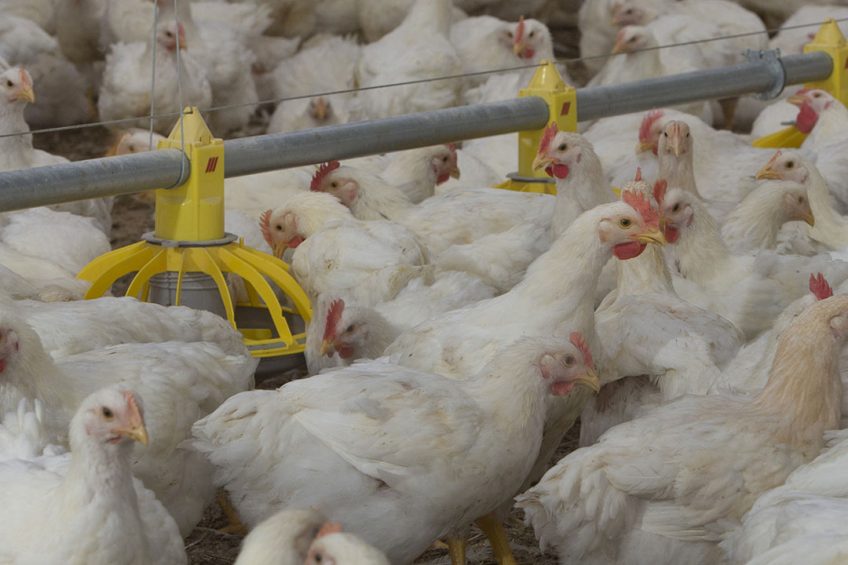M-prove: 1 objective, optimising broilers intestinal performance

In light of the different challenges faced by the broiler industry, optimizing intestinal performance remains a key lever to enable ideal growth and protein deposition. By combining the antibacterial properties of medium chain fatty acids (MCFAs) to the enzyme secreting properties of phytogenics, M-prove is able to upgrade digestive functions allowing flocks to excel.
Challenges in the poultry industry
In the globalised poultry industry, challenges can be quite diverse. They can generally be grouped into 4 main categories:
- Market and consumer behaviour,
- Legislation,
- Management and production process and
- Poultry genetics
Market and consumer behaviour are very often the initiator of innovative products which, eventually, can result in new regulations. For this, we can refer for instance to the broader topic of animal welfare and environmental control. Being first raised in the Scandinavian countries some decades ago, animal welfare is today well and defined by European directives (e.g. Directive 2007/43/CE) and has more recently gained an international dimension.

Genetic selection has led to different broiler strains, each expressing some differences in their metabolism. As genetic progress is an ongoing process, we need to optimise this metabolism to fully support broilers high genetic potential.
The performance of the gastrointestinal tract (GIT) can be optimised by affecting:
- Feed and nutrient intake
- Nutrient digestibility
- Nutrient absorptive capacity
- GIT fermentation processes
- Maintenance needs
- The production process itself
Optimising broilers’ digestive capacity
Besides good management, it is without doubt that feed structure, feed composition and feeding strategy are the basis for good performance. In line with this, the objective of M-Prove is to provide the conditions which allow flocks to accelerate their development and outperform. M-prove is a combination of well selected MCFAs and phytogenic components to support the optimal functioning of the GIT. Moreover, the antibacterial activity of MCFAs contributes to reducing the competition for nutrients between the animal and facultative pathogens. This activity mainly occurs in the gizzard using the bird’s own defence system (low pH) without having negative side effects such as reducing pH in the small intestine which would result in lower endogenous enzyme activity.
By steering the microbiome towards an optimal balance, broilers can be stimulated to consume more feed. However, nutrient digestibility and absorptive capacity need to be improved as well to allow the birds to grow more efficiently. The phytogenic components in the product contribute to enhance enzyme secretion from the pancreas, which can improve its functioning, birds digestive capacity, hence stimulate feed consumption.
Not only does M-prove result in numerically heavier pancreas but also in a more dense small intestine, a parameter to indicate the digestive capacity. Besides these effects on the small intestine, M-prove also contributes to improved digestibility by lowering gastric pH, which in turn enhances the antibacterial effect of the MCFAs. Improved digestibility and absorption (leaving less nutrients available for the pathogenic bacteria) result in reduced moisture content in the manure which could make a difference with regards to animal welfare.

A GIT environment with higher digestive and absorption capacities is ready to receive more feed, resulting in better performances. As can be seen in the scientific trial in Table 2, M-prove results in a higher feed intake, better weight gain and improved feed conversion ratio.
By combining MCFAs – having a strong antibacterial effect and a positive effect on the efficiency of the immune system – with well selected phytogenic components, stimulating the physiological processes, thereby improving feed intake and digestive capacity, M-prove is capable of optimizing the functioning of the GIT with regards to broilers performance.














